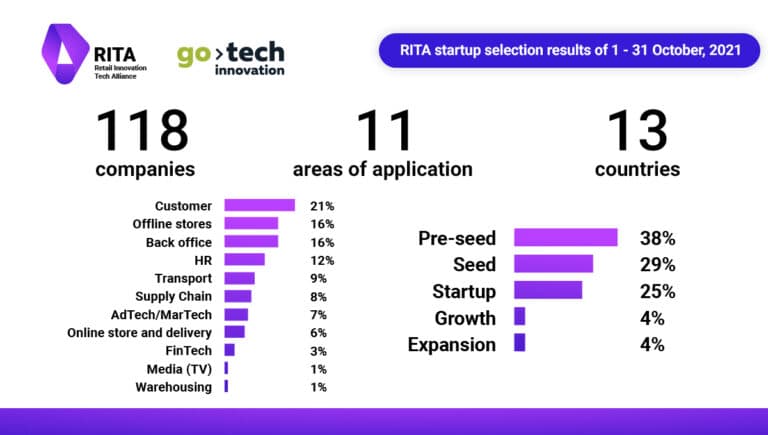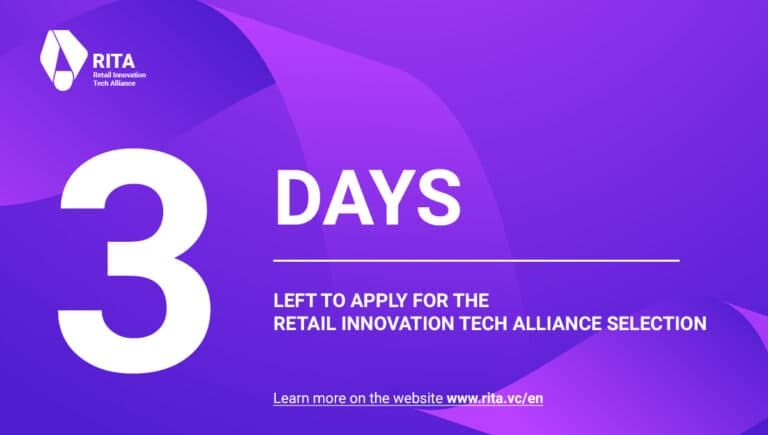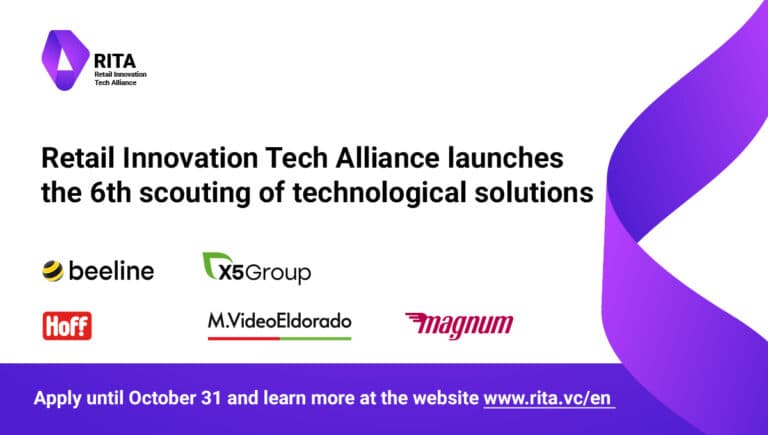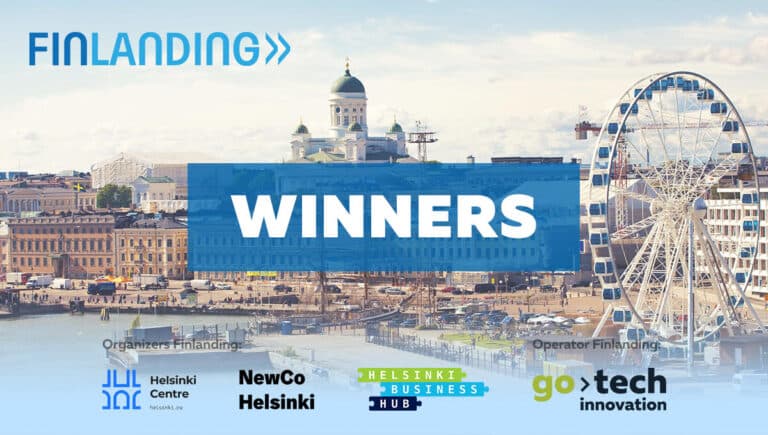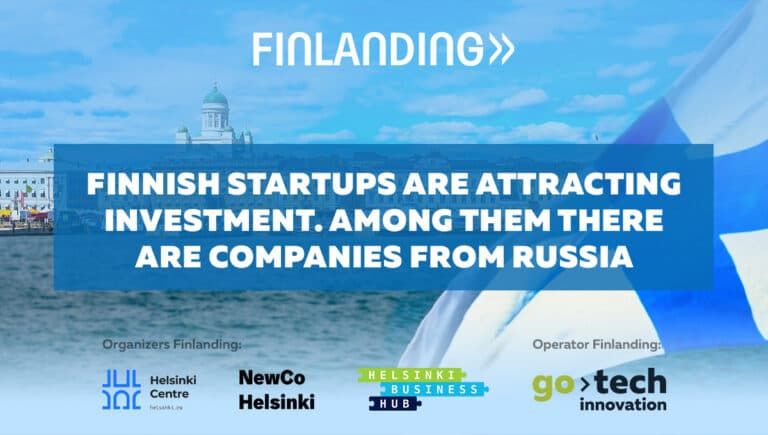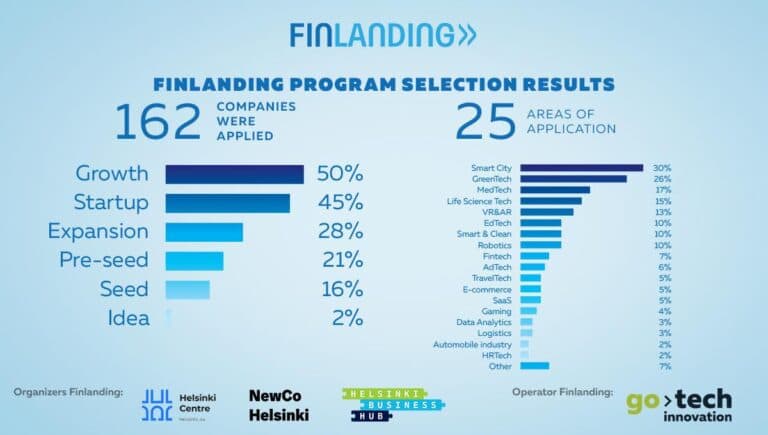 Companies looking for startups to help them digitalize need to adapt and consider the factors that motivate founders. Irina Kalashnikova, co-founder of GoTech Innovation, gave recommendations in a column on the Rusbase portal to attract startups based on the company’s experience, which helps creators and consumers of innovations find each other and start cooperation.
Companies looking for startups to help them digitalize need to adapt and consider the factors that motivate founders. Irina Kalashnikova, co-founder of GoTech Innovation, gave recommendations in a column on the Rusbase portal to attract startups based on the company’s experience, which helps creators and consumers of innovations find each other and start cooperation.
Startups often have million-dollar ideas but lack the skills to build a million-dollar (or a billion-dollar) company. If a large company has the willingness and competence to connect these poles, it can get the growth momentum it needs through innovation.
To become an object of attraction for innovative teams, it is worth considering and creating motivation for startups and developing the internal culture and processes in the company.
Consider the differences
What approach will help attract the best startups to collaborate? The work of creating a value proposition for startups begins long before the launch of a particular program.
Young Entrepreneurs Award – Young Awards 2021
Apply
The first step is to integrate work with innovation into the management vertical at all levels. Top management must be involved and interested in the results. Business units need to understand their potential benefits and how they work, how they interact.
Responsible people or innovative teams should not be some kind of autonomous unit with limited capacities, from which from time to time they request innovation.
A systems approach in itself is a prerequisite for effective work with external innovation partners and at the same time creates one of the strong motivational magnets for startups.
This is due to their specifics:
- Small teams – diverting the time of each startup employee and at least one co-founder to communicate with the corporation greatly affects productivity and should be justified by the real prospect of implementing a joint project.
- Lack of financial resources for long “races” – a startup cannot afford the long negotiations, approvals, procedures, payment terms, usual for corporations.
- A changeable environment and competition – in the technological field, similar ideas and solutions are often implemented by several teams, plus technologies are constantly evolving and delaying testing and implementation can cost a startup a place in the market – just like the corporation that attracted it.
Objectives and methods
Companies use different tools for working with startups depending on their goals. Today, corporate accelerators, selections for pitch sessions, hackathons and contests are more common than others. These formats make it possible to track new technologies and solutions, test them, choose options for scaling, and attract talented developers and product specialists.
Continued interaction can lead to a deal between the corporation and the startup. So, recently, Sberbank decided to enter the capital of the legaltech startup Legium.io, which took place in 2019 with the Sberbank-500 Startups accelerator, and Rostelecom announced the acquisition of 51% in the Big Three company, which specializes in waste processing automation, which won a year earlier in his specialized competitive selection at the Gotech Arena forum.
The prospect of selling a minority stake or control to a strategic investor may be one of the motivations for startup founders to cooperate. But up to this point, they would like to gain momentum and raise capitalization.
Whereas many companies, on the other hand, tend to buy a startup at an early stage at the price of acqui-hiring. This is not the only mismatch in interests – finding common ground and a win-win approach allows companies to attract the highest quality projects. Among the key motivational aspects of participation in corporate programs, I single out the following:
- The prospect of entering a pilot project, which, if successful, would allow the startup solution to be scaled to the corporation’s client base or to its production facilities.
A startup must understand that a corporation has a mechanism for deploying innovative solutions to the entire business, of course, if the joint testing of hypotheses is successful.
- Possibility of monetizing cooperation – payment for a pilot project and further use of a startup solution, one-time or recurrent, depending on the product.
In some cases, startups can only focus on expanding the network by participating in a corporate program, but a real magnet for them will be the practice of regular commercial projects that the company implements together with startups.
A startup cannot spend time on adjusting its solutions to the specifics of the company without a real prospect of receiving payment or a share in the additional income generated after implementation.
- Permission to use the results of cooperation with a corporation to promote a startup on the market.
In some cases, companies prefer to enter into non-disclosure agreements, but it is worth remembering that marketing impact is important for startups. Your brand may be the key to new sales for a startup, and perhaps telling or not telling about a technology partner’s contribution to your business is not as critical an issue as it sounds. Allow startups to share a consistent amount of collaborative project data.
- Access to partners of the corporation and group members (subsidiaries, holding partners, associations, and so on) – expanding the potential client and partner base.
If a company can attract its “related” structures to get acquainted with startups from its program, this is an additional incentive for a startup to apply for just such a program. The simple invitation of additional business customers to Demo Day is already a good step; the interaction can be denser within the programs. A startup will be able to hit multiple targets with one shot.
- Access to the community of potential investors – Russian and international, if they are involved in the program as mentors, partners, jury members, and so on.
A startup and a corporation in Russia, first of all, aim at joint projects. However, the need for funding is one of the main ones for young growing projects, and the expansion of the network among investors is an important incentive.
Founders of startups value the opportunity to meet investors face-to-face and advice on fundraising, and it’s worth keeping this in mind.
- Access directly to large entrepreneurs – shareholders of the company or its partners, personal acquaintance with the purpose of negotiations on mentoring, investments, partnerships.
This is often the main motive for a startup to join one or another corporate program. Founders want to hear an assessment of their product from an established entrepreneur, an expert in the industry. They count on valuable advice and getting on the radar of a potential buyer of their business.
- Marketing and PR-support of the corporate program and startups participating in it.
A startup is limited in resources, and the more additional mentions it receives in the media, social networks and specialized communities as part of its participation in the corporation’s program, the better. And getting into the media of the first echelon or into a story on TV without the support of a large brand is simply not available for a start-up company.
- Infrastructure support for a startup in terms of financial management, HR, marketing and so on, for example, as part of an accelerator or incubator program.
Due to the same factor – limited resources, and often – lack of experience, a startup may come in handy with the possibility of training and partial outsourcing for a number of functions.
- Financial investments of a corporation in a startup through the purchase of a share or a loan.
The company’s cooperation with a startup, starting from the test stages, is a long history, and until it comes to paying for the work, the team may not survive.
Offering certain types of financial investments to selected startups that have passed the accelerator increases the demand for the program. Not all startups may be interested in accepting investments on specific terms at a particular moment, but the value of such an option remains high.
- Mentoring in the business component of the project – feedback on the real demand and needs of large businesses, assessing the advantages and disadvantages of a startup solution, adjusting the business model or product.
company may come up with a product in the face of a lack of real-world demand data or have a technology solution without fully understanding the business model and where it can be effectively applied.
A high-quality program gives startups the opportunity to get real feedback from the business and technology departments of the company, from experts and business leaders, conduct CustDev, and get feedback from other companies in the industry.
Transparency and community
The startup community has developed member support and information exchange. There are many online and offline communities where founders and employees of startups seek help and ask each other questions about certain aspects of building a business. Feedback on the corporation’s program and its real possibilities can help attract projects or, conversely, reduce the flow.
If there are any shortcomings in the first iterations of the programs, we recommend that you give high-quality feedback to the participants and talk about plans to improve the situation.
Tell at meetings with the startup community and in the media about how the company works with startups using real cases of cooperation. To develop an entrepreneurial culture, to work on solving the “startup-corporation” cultural dilemmas. Move organizational mechanisms forward – through the development and empowerment of internal innovation teams and the involvement of partners.
Conclusions:
- Companies need to realize the need for constant competition for the best technology projects and teams.
- Introduce or update a systematic approach to working with innovations, monitor new solutions and practices, and expand the tools.
- Investigate all the factors of motivating startups, correlate them with their current needs, if necessary – make additions to their programs and processes, and come to a win-win formula.
- Clearly highlight and convey through the right communication channels the benefits of their programs for startups.
- Maintain on an ongoing basis informing the startup community about your approach, programs, changes and achievements – your common with previously involved teams.
The original article is available here.
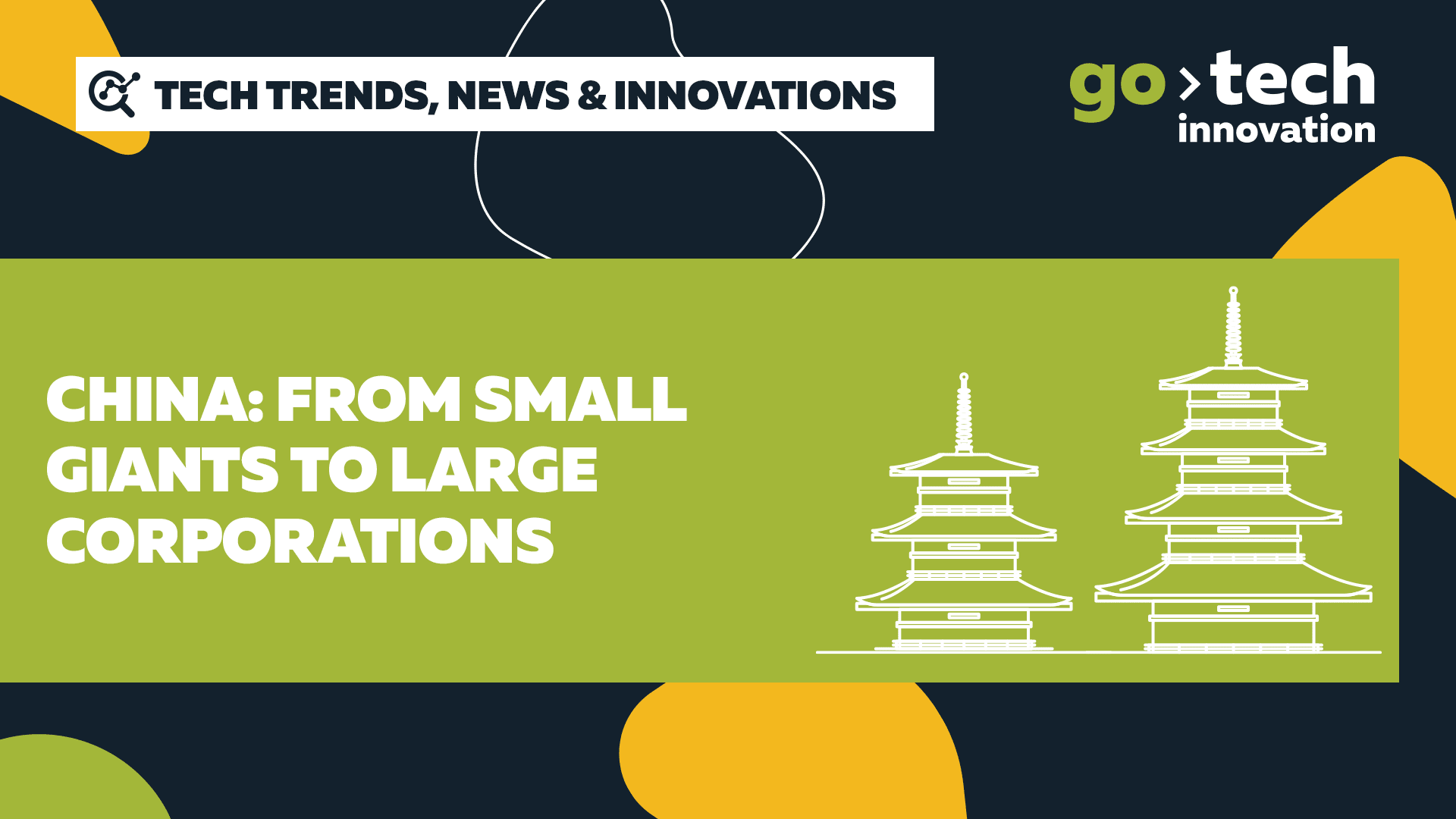
 Companies looking for startups to help them digitalize need to adapt and consider the factors that motivate founders. Irina Kalashnikova, co-founder of GoTech Innovation, gave recommendations in a column on the
Companies looking for startups to help them digitalize need to adapt and consider the factors that motivate founders. Irina Kalashnikova, co-founder of GoTech Innovation, gave recommendations in a column on the 

